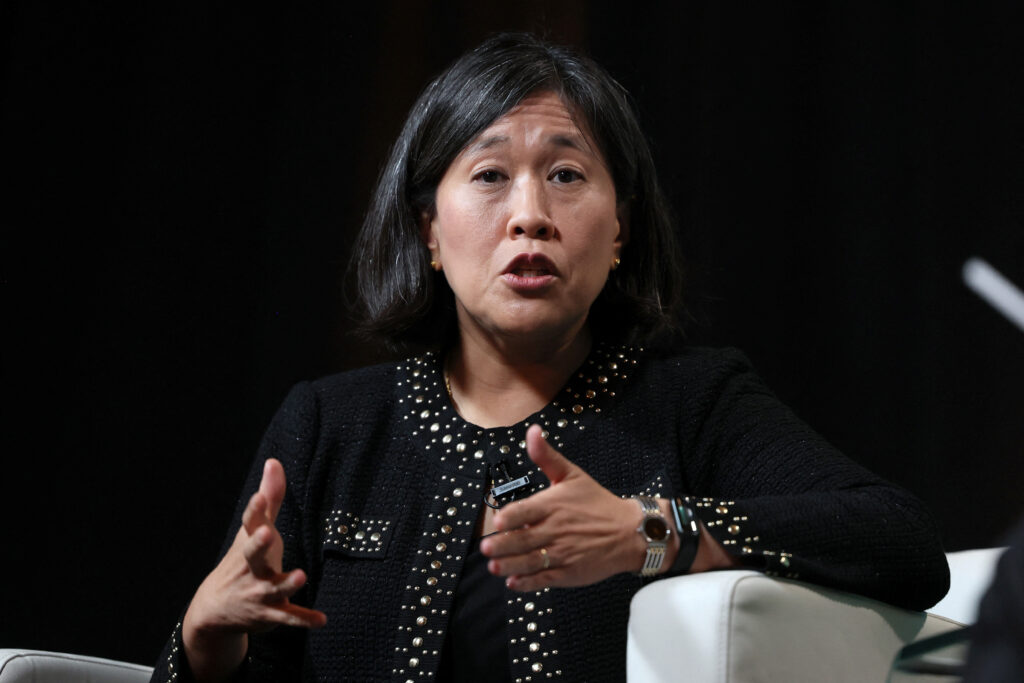NEW DELHI: In a leg-up for India’s consistent stand against global rules on e-commerce, the US has decided to withdraw its proposal on digital trade at the WTO to retain the policy space for regulating big-tech firms.
The US proposal on e-commerce rules, withdrawn at the WTO’s Joint Statement Initiative (JSI) on e-commerce on Wednesday, was made in 2019 by the Trump regime pushing for free cross-border data transfers without need for data localisation or review of software source code.
India had refused to be a part of the JSI initiative on e-commerce, which is a pluri-lateral grouping of a limited number of WTO members, on the grounds that such rules may strengthen the dominance of large e-commerce companies to the detriment of smaller local companies.
The US’ changed position is likely to prove a dampener for the ongoing efforts of JSI members — which includes the EU, Switzerland, Australia, New Zealand, Japan, Korea, and Canada — in making a strengthened case for global rules on e-commerce at the WTO 13th Ministerial Conference (MC13) in February 2024.
“Given the US dominant role in the global digital landscape, this decision is poised to spark a worldwide reassessment of national e-commerce policies, potentially reshaping the future of digital trade agreements. The key issues will be ensuring ample policy space and revisiting national digital trade strategies,” according to Ajay Srivastava, trade expert and founder of Global Trade Research Initiative (GTRI).
The new US stand on digital trade validates India’s approach on the subject, he added.
“India’s stance in Free Trade Agreements, including the Indo Pacific Economic Framework on digital trade, leans towards retaining control over its data. With China and India being major data generators and China already safeguarding its data, India believes in maintaining flexibility in data-sharing with domestic companies rather than international tech giants. There are also reservations about adopting US standards on artificial intelligence and concerns about potential biases in such standards,” according to a GTRI analysis.
The US is reportedly reviewing its approach to trade rules in sensitive areas such as data and source code to balance the right to regulate in the public interest and the need to address anticompetitive behaviour in the digital economy.
The US’ decision to withdraw its e-commerce proposal almost mirrors India’s reasons for staying out of the negotiations, the analysis pointed out. Both want to retain flexibility in digital policy as there are concerns about the potential dominance of a handful of e-commerce players, which could adversely affect the local industry, particularly MSMEs.
Since India lacks a comprehensive law on data protection, it fears that new rules might favour foreign companies, potentially enforcing market access.
Source: The Hindu Business Line




 European Union Solidly Supporting The War Crimes Of Israel In Gaza Strip
European Union Solidly Supporting The War Crimes Of Israel In Gaza Strip 